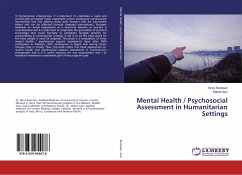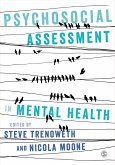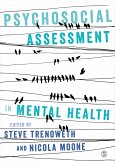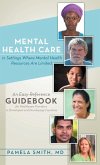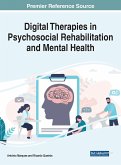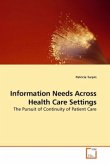In humanitarian emergencies, it is important to undertake a rapid and contextually grounded needs assessment before developing humanitarian intervention and first address those daily stressors that are particularly salient and can be affected through targeted interventions. Stronger emphasis on needs assessments as a structural element of practice is recommended and it is important to emphasize the generation of practical knowledge that could translate to immediate tangible benefits for programming in humanitarian settings. If aid is to do the most good for the most people it must be targeted. This book is a compilation of three mental health / psychosocial support assessments done after 2005 earthquake in Pakistan, 2010 earthquake in Nepal and during Syrian refugee crisis in Turkey. Thus, this book offers first hand experiences on mental health and psychosocial support assessments in humanitarian emergencies and it is a useful resource for any organization and / or individual interested in assessment part of the program cycle.
Hinweis: Dieser Artikel kann nur an eine deutsche Lieferadresse ausgeliefert werden.
Hinweis: Dieser Artikel kann nur an eine deutsche Lieferadresse ausgeliefert werden.

